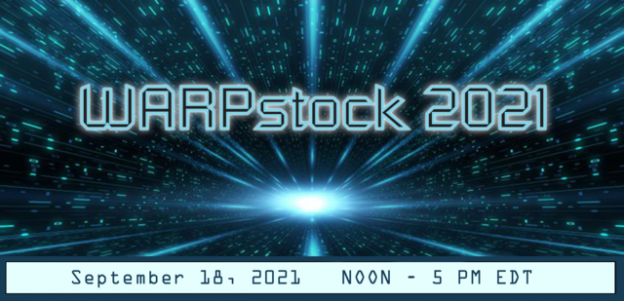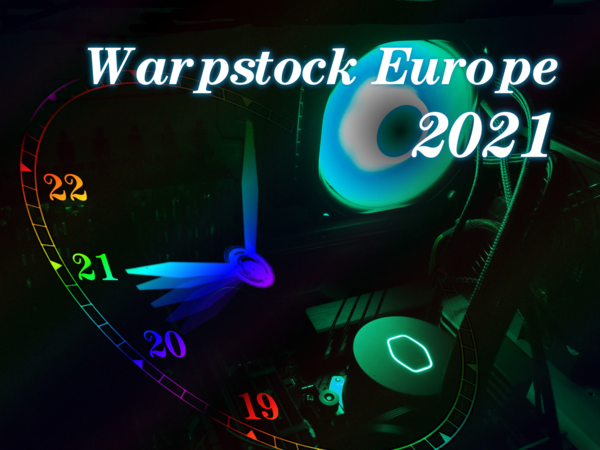On Thursday, December 9, 2021, the Apache Log4j project disclosed a critical security vulnerability which may result in remote code execution on systems running Log4j. The exploit has been aptly named Log4Shell (CVE-2021-44228).
Log4j is a logging component which runs under Java on many different platforms, and is useful not only for Java applications, but for other programs, as well. It is commonly bundled with unrelated software, simply as a means of providing a standard logging engine.
Arca Noae has completed a scan of our internal systems and has determined that we are not affected by this vulnerability. Further, ArcaOS has never included any Log4j components, and is also unaffected. However, because the exploitable feature in Log4j has existed for some time, it is possible that Java and other applications may have been installed under ArcaOS which utilize Log4j, and these systems may be at risk.
The feature used for the Log4Shell exploit is in the JNDI (Java Naming and Directory Interface) lookup class which was added to Log4j several years ago during the 2.0 beta cycle. Log4j versions through 2.3 required only Java versions up to 1.6, and so may be utilized by some OS/2-compatible applications.
Risk assessment
To determine whether any of your OS/2 systems may be at risk, start by searching all accessible volumes for log4j-*.jar. If any are found, determine the version of Log4j by examining the content of META-INF/MANIFEST.MF in the core jar file:
[c:\] unzip -c log4j-core.jar META-INF/MANIFEST.MF | less
Note the Implementation-Version line content.
Edge servers as well as firewalled systems running various applications may be at risk, as queries may be submitted to the Log4j engine from other applications and potentially from outside the network.
Mitigation
Although the exploit has been addressed in Log4j 2.16.0, because versions above 2.3 are not currently compatible with OS/2’s available Java Runtime Engine, it is necessary to mitigate the condition by removing the JndiLookup class from the classpath, e.g.:
[c:\] zip -q -d log4j-core-*.jar org/apache/logging/log4j/core/lookup/JndiLookup.class
Additional information
Older (pre-2.0-beta9) versions of Log4j lack this lookup class, and do not appear to be at risk for Log4Shell (though some earlier security advisories may have been issued). Further research may be needed based upon the version(s) of Log4j which may be in use on these earlier systems. Also, this is not the only security advisory for Log4j 2.0-beta9 – 2.3. This notification is only related to CVE-2021-44228.
Links
https://nvd.nist.gov/vuln/detail/CVE-2021-44228
https://nakedsecurity.sophos.com/2021/12/10/log4shell-java-vulnerability-how-to-safeguard-your-servers/
https://www.kb.cert.org/vuls/id/930724


